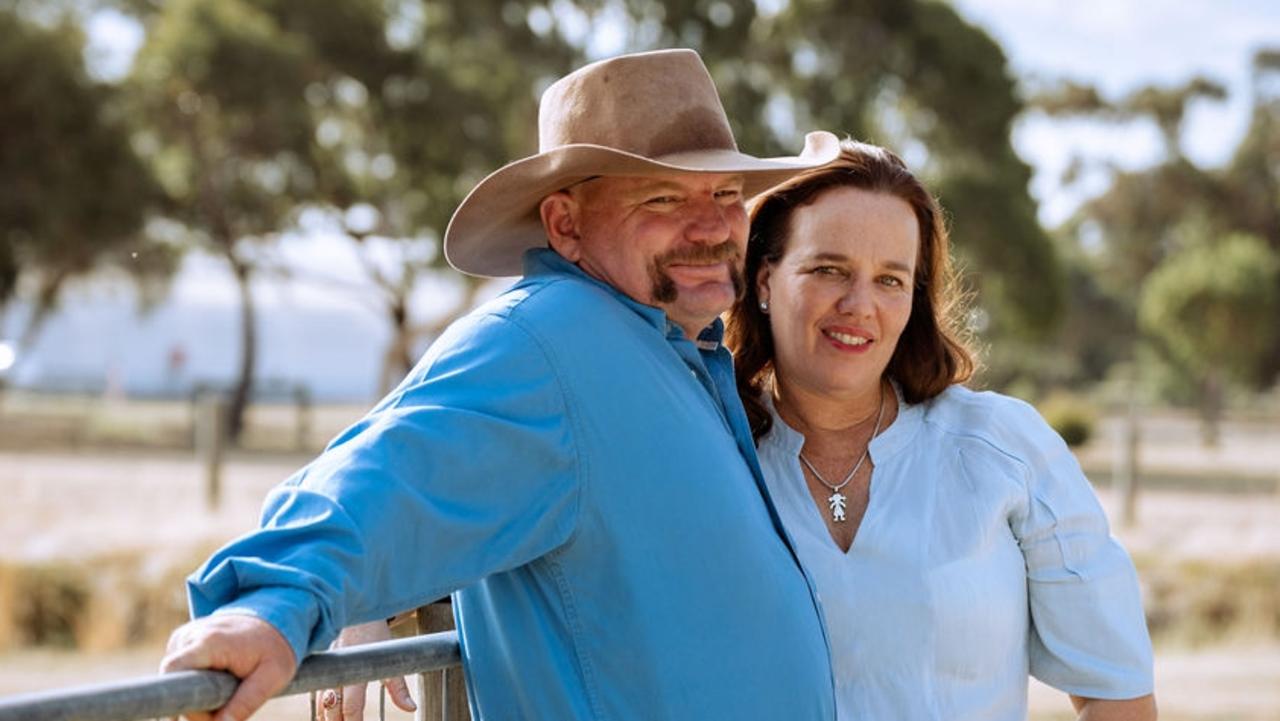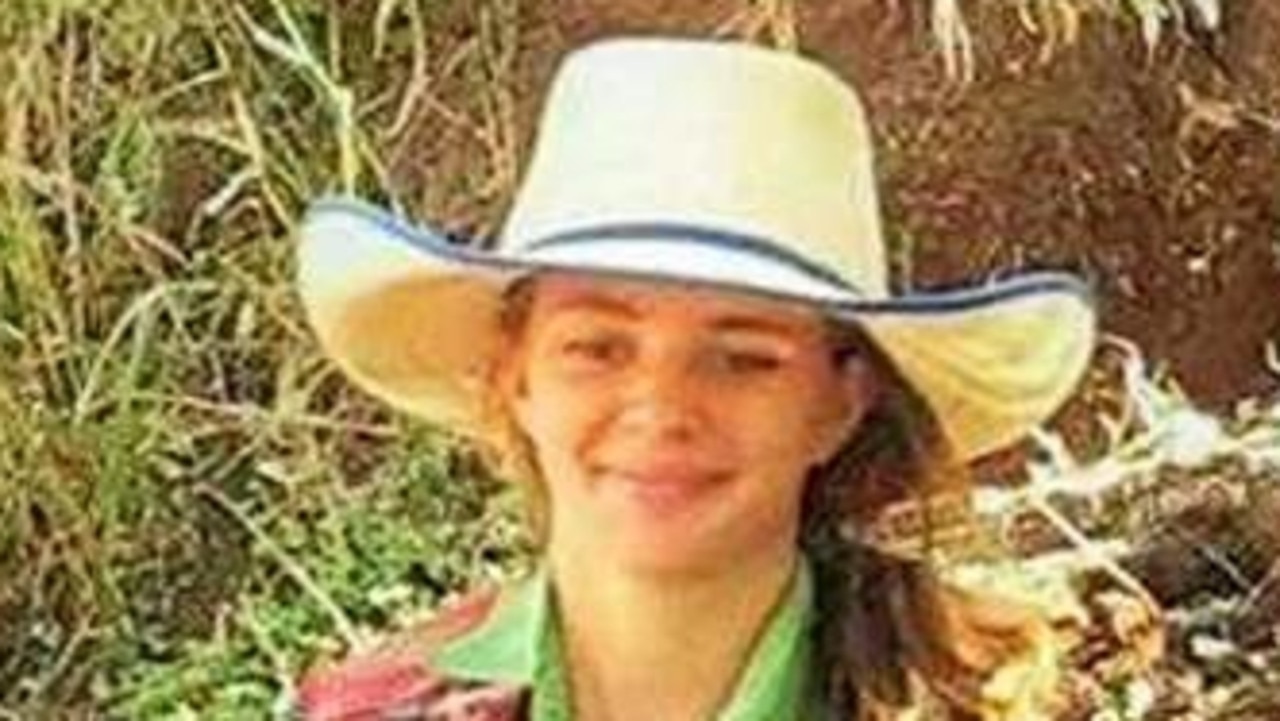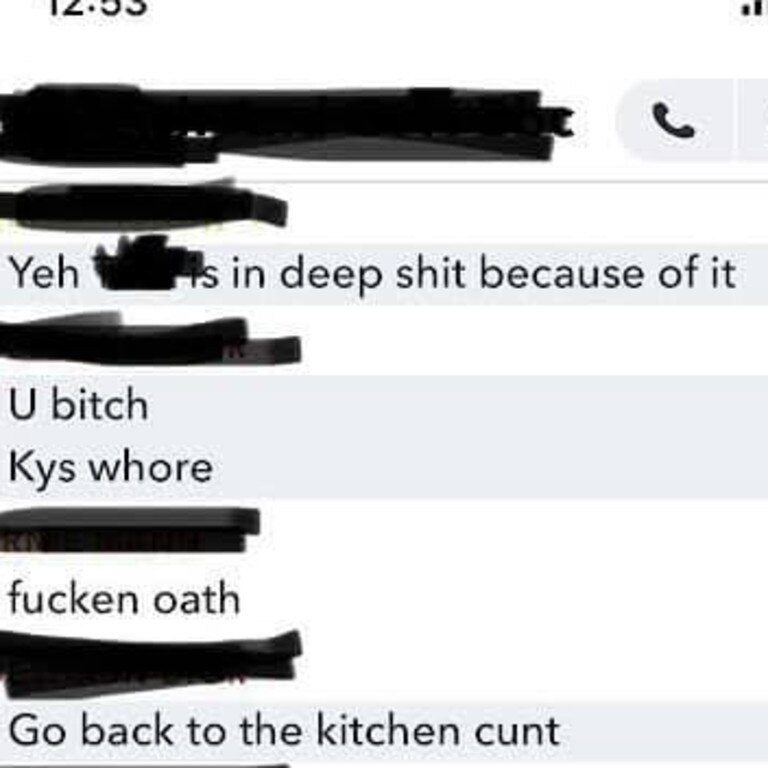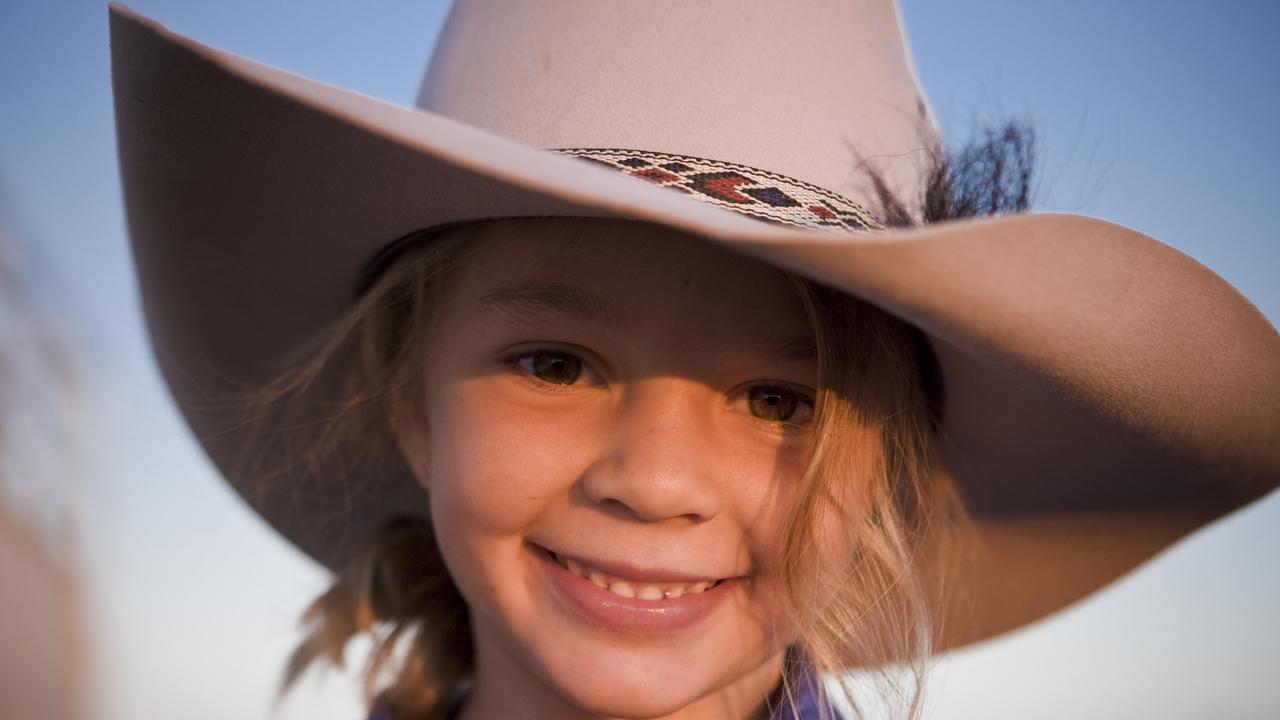‘Terrifies me’: Dolly’s mum reveals dangerous new bullying weapon
Prominent anti-bullying campaigner and bereaved mum Kate Everett says every parent should be “terrified” that bullies are now armed with a new powerful weapon to harm other children.
QLD News
Don't miss out on the headlines from QLD News. Followed categories will be added to My News.
Prominent anti-bullying campaigner and bereaved mum Kate Everett says every parent in the country should be “terrified” that bullies are now armed with arguably their most powerful weapon yet to harm other children - artificial intelligence.
Six years and two weeks since Dolly’s tragic death following relentless bullying from her peers at a Queensland boarding school, Mrs Everett said it was heartbreaking that children were still being victimised by the same cruel treatment her daughter was subjected to.
Mrs Everett said parents and educators needed to be aware of the emerging threats playing out in the online world .
“It terrifies me. And it terrifies me that parents don’t fully know about this,” she said.
Mrs Everett and her husband Tick, and Dolly’s big sister Meg, became anti-bullying campaigners in wake of the 14-year-old’s death and established Dolly’s Dream, a platform dedicated to stamping out bullying.

In August, the eSafety Commissioner confirmed that it had received the first reports of students using AI-generated sexually explicit material to bully other students.
Mrs Everett said it posed a new level of danger if used incorrectly.
“My heart breaks at the thought of this in the wrong hands,” she said.
“You hear some of the stories, the hot or not lists coming out of elite schools, add the possibility of this and it’s absolutely terrifying.
“Social media and the online world grows faster than anything we can create to combat poor behaviour.
“AI now with what it can do and the consequences of that in the wrong hands. A 15-year-old playing a joke on someone with it. Sending nudes over a text message will be minor compared to that.”
Mrs Everett urged parents and schools to be on the front foot in discussions around protecting children from the threat of AI and not to react when the inevitable tragedy unfolded.
Her comments come on the back of screenshots of messages sent by Queensland children to each other that show how attune to cyber-bullying kids have become.

“Kill yourself w—e”, “go back to the kitchen c—t”, suck on a d–k” - the messages were sent by Year 7 boys in a conversation on social media platform Snapchat, obtained by The Courier-Mail.
Mrs Everett said it was devastating that this type of language continued to plague innocent children.
“It’s absolutely awful, I can verify that it’s not just with boys, the words girls will use in a group chat are awful,” Mrs Everett said.
“We saw messages from a girl in Year 8 last year, we saw the screenshots which were so inappropriate. Holy moly, we have done all this work but it’s still here.
“What you may think is funny in a group chat, the language you use might be cutting someone to the core every single time. I strongly believe that was Dolly… and it got so much she couldn’t see the light.”
Clinical psychologist and Dolly’s Dream advisory board member Dr Charlotte Keating said the back to school period was of crucial importance for parents to start difficult conversations with their kids.


Dr Keating pointed to recent research which showed about one in four Australian students from grades 4-9 report being bullied in person every few weeks.
“I think the key step is for a young person to know they have a trusted person to turn to, it’s so important for parents, teachers and caregivers to be approachable and non-judgemental to be able to receive them,” Dr Keating said.
Dr Keating encouraged parents to sit down with their children and compile a list of those “trusted people” that children could feel safe to speak to about issues.
“Identify who they can go to and when, and how they would actually do it,” she said.
“If it’s a teacher do they email them? Do they go to the staffroom, you should actually step through that process.”

Dr Keating said her number one piece of advice for children to know they felt safe to speak about anything with their parents.
“A safe, non-judgemental space to have difficult conversations, where nothing is off the table. This means they will feel safe to talk about whatever challenges they have,” she said.
Mrs Everett urged parents to make themselves familiar with the social media platforms that children can be exposed to and to ensure they were not in the dark.
IF THIS STORY HAS AFFECTED YOU
Dolly’s Dream Support Line: 0488 881 033
Kids Helpline: 1800 551 800
Lifeline: 13 1114
Mental Health Access Line: 1300 642255
Suicide Call Back Service: 1300 659 467
13YARN: 13 9276
Beyond Blue: 1300 22 4636






